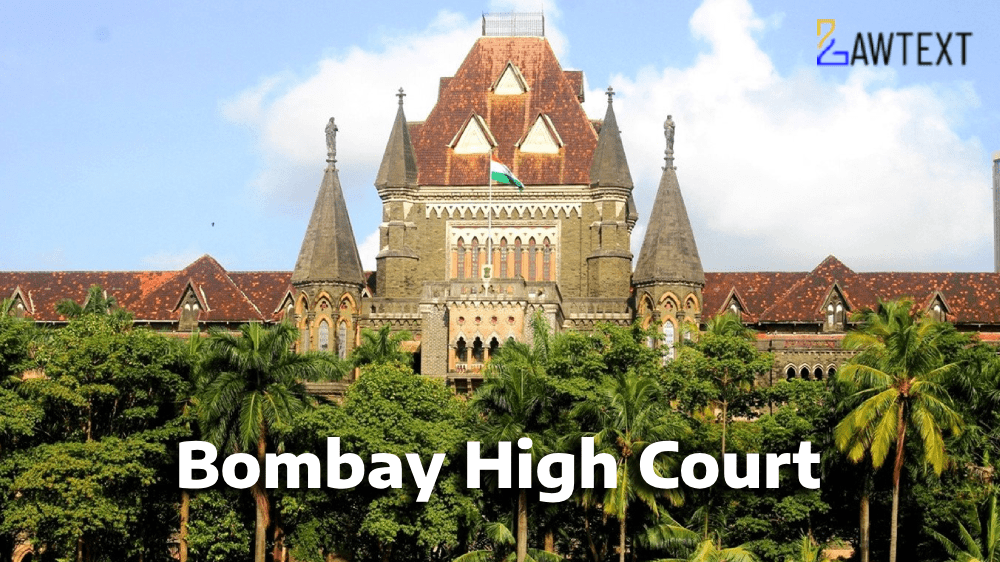Nagari Niwara Parishad vs. Municipal Corporation of Greater Mumbai: Property Tax Adjustment and Legal Complexities "Examining the interplay of rateable value, property tax adjustments, and legal obligations under the MMC Act."

CASE NOTE & SUMMARY
This judgment addresses the appeals filed by Nagari Niwara Parishad, a public charitable trust, against the Municipal Corporation of Greater Mumbai (MCGM) concerning the determination of rateable value for property tax purposes under the Mumbai Municipal Corporation Act (MMC Act), 1888. The High Court evaluated whether excess taxes paid could be refunded or adjusted, and whether the property tax liability persisted after property transfer.
Crux:
- Appellant's Claim: Rateable value set by MCGM was excessive and should reflect concessional government land rates.
- Respondent's Argument: Property tax, being attached to the property, could only be adjusted, not refunded.
- Court's Observation: The liability to pay property tax lies with the person enumerated under Section 146 of the MMC Act. Excess property tax should be adjusted per Section 217(5), and cannot always travel with the property after transfer.
1. Background of the Case:
- Appellant: Nagari Niwara Parishad, a trust aimed at housing for weaker sections, constructed 6,213 tenements on government-allotted land.
- Land Acquisition: Allotted at ₹25/sq.m. under a concessional scheme.
- Issue Raised: Excessive rateable value set by the MCGM, leading to higher property tax liabilities.
2. Key Legal Questions:
- Does transfer of assessed property extinguish the appellant’s right to contest appeals?
- Is the determined rateable value of ₹300/sq.m. excessive?
- Can excess property tax be refunded or must it be adjusted under Section 217(5)?
3. Arguments by Nagari Niwara Parishad:
- Government allotment rates should determine rateable value.
- Small Causes Court erroneously included development costs in rateable value.
- Property tax liability, as per Section 146 and Supreme Court precedents, is primarily on individuals, not the property itself.
4. Arguments by MCGM:
- The property tax liability is inherently linked to the property and must be adjusted, not refunded.
- Once the property is transferred, the appellant has no locus to continue appeals.
- Excess taxes must align with statutory provisions for adjustments.
5. Judicial Analysis:
- Section 146 (MMC Act): Defines persons primarily liable for property taxes.
- Section 217(5): Mandates adjustment of excess taxes in future dues.
- Precedents:
- Ahmedabad Municipal Corporation vs. Haji Abdulgafur: Charge enforceability requires explicit statutory provision.
- AI Champdany Industries: Charge must explicitly bind a transferee without notice.
6. Court's Decision:
- On Transfer: The liability to pay property taxes rests on the original owner until recorded transfer.
- On Refund: Refund of excess taxes is not permissible under Section 217(5); only adjustment is allowed.
- Rateable Value: Reduced to ₹300/sq.m. but noted as still excessive without substantial evidence.
Acts and Sections Discussed:
- Mumbai Municipal Corporation Act, 1888:
- Section 146: Primary liability for property tax.
- Section 217(5): Adjustment of excess taxes with interest at 6.25%.
- Section 212: Tax as a first charge on property.
- Transfer of Property Act, 1882:
- Section 100: Conditions for enforceability of charges against transferees.
Ratio Decidendi:
- Property tax liability primarily lies with individuals specified under Section 146 MMC Act.
- Excess payments cannot be refunded, only adjusted, under the statutory mandate of Section 217(5).
- A charge on property does not bind a transferee unless explicitly stated or notified.
Subjects:
Property Tax Liability, Rateable Value Adjustment, MMC Act.
#PropertyLaw #MunicipalTaxation #RateableValue #LegalAppeal #NagariNiwaraParishad #MumbaiMunicipalCorporationAct
ISSUE OF CONSIDERATION
Nagari Niwara Parishad, Goregaon Versus Municipal Corporation of Greater Mumbai & Anr.
Citation: 2024 LawText (BOM) (11) 125
Case Number: FIRST APPEAL NO.1231 OF 2003 WITH FIRST APPEAL NO.1250 OF 2003 WITH FIRST APPEAL NO.1248 OF 2003 With FIRST APPEAL NO.1234 OF 2003 WITH FIRST APPEAL NO.1233 OF 2003 WITH FIRST APPEAL NO.1239 OF 2003 WITH FIRST APPEAL NO.1236 OF 2003 WITH FIRST APPEAL NO.1240 OF 2003 WITH FIRST APPEAL NO.1242 OF 2003 WITH FIRST APPEAL NO.1237 OF 2003 WITH FIRST APPEAL NO.1241 OF 2003 WITH FIRST APPEAL NO.1243 OF 2003 WITH FIRST APPEAL NO.1245 OF 2003 WITH FIRST APPEAL NO.1246 OF 2003 WITH FIRST APPEAL NO.1232 OF 2003 WITH FIRST APPEAL NO.1235 OF 2003 WITH FIRST APPEAL NO.1247 OF 2003 WITH FIRST APPEAL NO.1238 OF 2003 WITH FIRST APPEAL NO.1244 OF 2003 WITH FIRST APPEAL NO.1249 OF 2003
Date of Decision: 2024-11-12
Case Title: Nagari Niwara Parishad, Goregaon Versus Municipal Corporation of Greater Mumbai & Anr.
Before Judge: ARUN R. PEDNEKER, J.
Advocate(s): Advocate for Appellants: Smt. Nilima Sanglikar i/b. Ms. Sangeeta Salvi Advocate for Respondent-BMC: Mr. Suresh Pakale, Senior Advocate a/w. Ms. Vidya Vyavhare a/w. Mr. Pradeep M. Patil a/w. Ms. Pallavi Khale i/b. Mr. Sunil Sonawane Mr. Rajendra Sankhe, A.A. & C P/N Ward-Present for Respondent-BMC & Ors.
Appellant: Nagari Niwara Parishad, Goregaon
Respondent: Municipal Corporation of Greater Mumbai & Anr.

